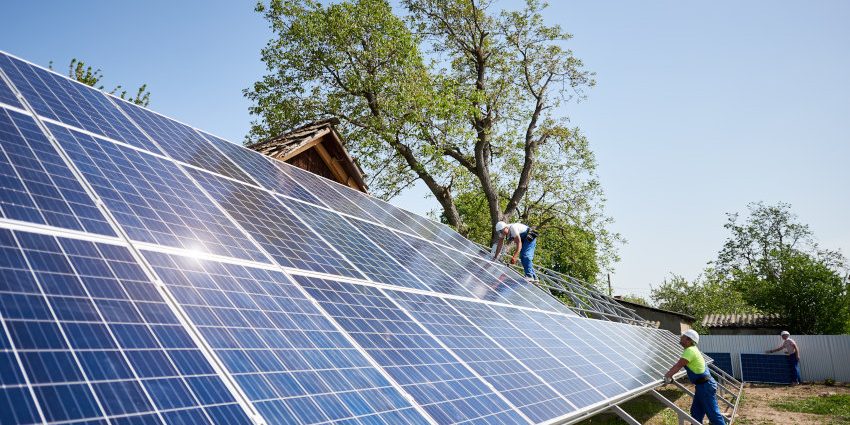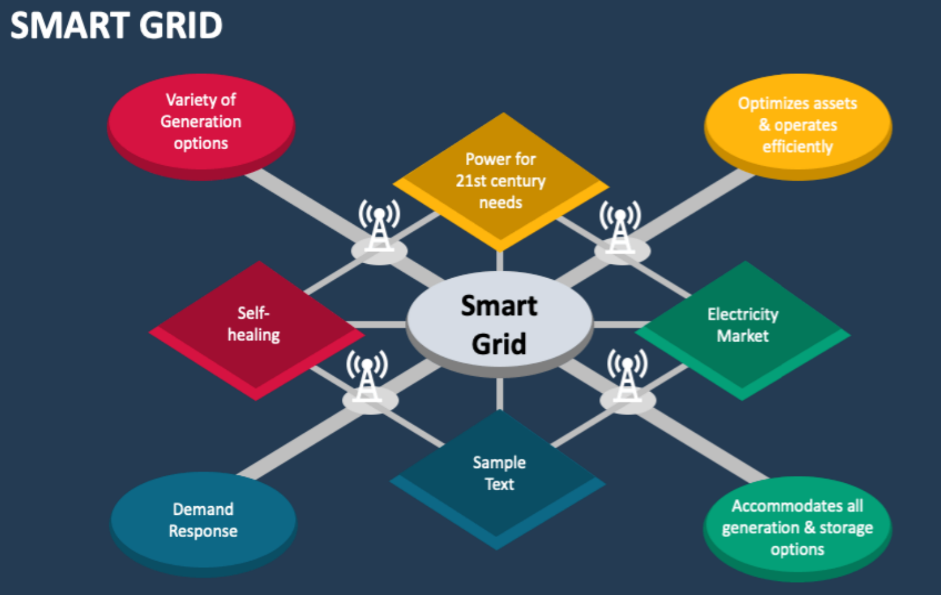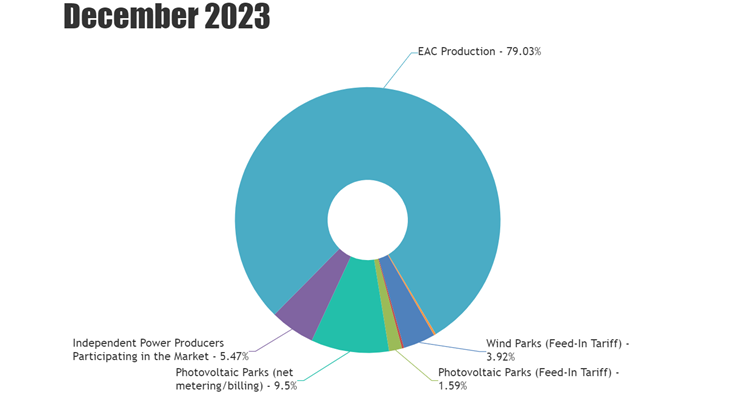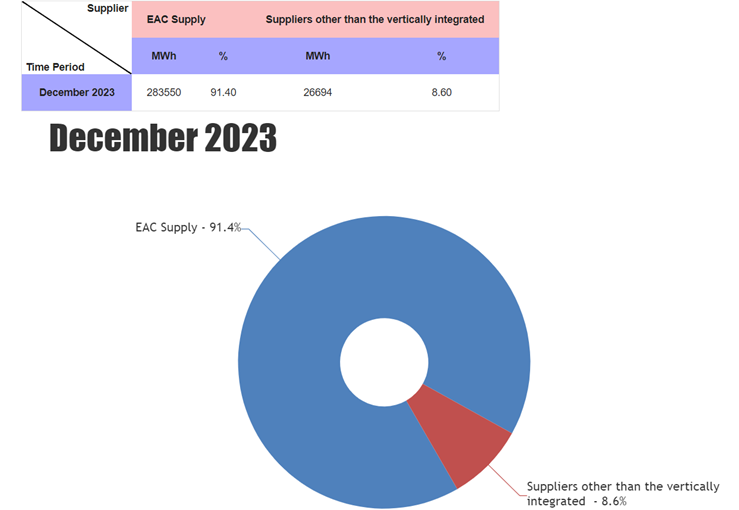Introduction
Cyprus climate traditionally is popular for tourism and holidays and well known in many parts of the world. In the last decade it is notable that the climate of Cyprus can have other benefits as well for the energy sector. Many companies from renewable energy sector choose Cyprus as their place of choice for multiple reasons but mainly, geographical location, the climate and the stable legal and political environment attracts investments in the renewable energy sector.
The need to preserve the environment by reducing gas emissions, deviate from traditionally use of liquid fuel, the need for sustainable production and consumption as well as the to achieve the Cyprus targets on a national level as well as on an EU level is the driving mechanism for the industry’s growth.
As an overview of the recent activities of the Cyprus Energy Regulatory Authority (“CERA”) we list below the key milestones of regulatory decisions:
- Mass installation of advance metering infrastructure to all consumers by the Cyprus transmission and Distribution system – Regulatory Decision 02/2018 (ΚΔΠ 259/2018)
- Establishment of introductory principles of a regulatory framework for the operation of electricity storage systems in the wholesale electricity market – Regulatory Decision 02/2019 (ΚΔΠ 204/2019)
- The redesign by the Cyprus transmission and distribution system operators of the power grid so as to become smart bi-directional in order to allow integration of large quantities of renewable energy sources in combination with energy storage systems – Regulatory Decision 03/2019 (ΚΔΠ 224/2019)
The opportunity for the change
At the moment the existing power generation system of Cyprus has the following facilities:
- Steam turbine units (HFO) – (Dekelia and Vasiliko power stations)
- Internal combustion engines (HFO) – (Dekelia power station)
- Combined Cycles (Disel) – (Vasiliko power station)
- Gas turbine units (Disel) – (Moni and Vasiliko power station)
Renewables:
- PVs 522 MW
- Wind 157 MW
- Biomass 13 MW
Source CERA 2023
Legal framework and licensing process of Photovoltaic Parks
The promotion and encouragement of the use of renewable energy sources Law 2022(L.107(I)/2022 as a further step of partial harmonization with the European Directive 2018/2001 of the European Parliament.
The regulatory authority and the process for licensing:
CERA is the regulatory authority of the Republic of Cyprus regulating the proper functioning of the internal electricity and Gas market.
The procedure to obtain a license of a Photovoltaic Park in basic steps is as follow:
- Location and site selection: The selection of the site can be considered as one of the most important and essential for the success of the Photovoltaic Park as the environmental impact can be essential for licensing as well as the proximity to the national grid and transportation possibility. Before finalizing a land selection, a thorough study shall be drafted and examined.
- Design: Via a technical study which will outline the size of panels, capacity of inverters, costing possibility of battery storage as well as compliance with technical standards and specifications shall be drafted.
- Environmental impact assessment: An environmental impact assessment must be carried out to assess the potential environmental impacts of the project, considering the potential impact on air and water quality, soil, flora and fauna, and cultural heritage. It is noted that depending on the location and the impact the study varies.
- License application: Once all the above are finalized, the application shall be submitted to CERA for review and approval and issuance of necessary permits and licenses. Once approved, the license is issued for 25 years with the ability to be renewed. Before construction, the applicant must secure a building permit and environmental permit. At this stage the applicant shall secure the terms of connection as well of the Photovoltaic Park and on issuance must pay the 5% of the total amount as an acceptance of the total.
- Construction of Photovoltaic Park: once all the above are completed the construction can be initiated. All technical standards of the licenses shall be followed and all equipment shall be EU- EC compatible to be used.
- Operation and maintenance: Once all the above steps are completed the applicant and owner shall ensure the proper maintenance and operation in order to secure longevity of the park and capacity reach for production.
Conclusion
Our office has already successfully assisted clientele in obtaining licenses from either the very early stages or from license stage until finalization of operational projects that were purchased and as such can support you for the whole licensing process for legal and operational purposes.
For further information, please contact us at +357 24 727 313 or by email at [email protected] .
(The content of the above information is intended to provide a general guide to the subject matter. Specialist advice should be sought about your specific circumstances.)







